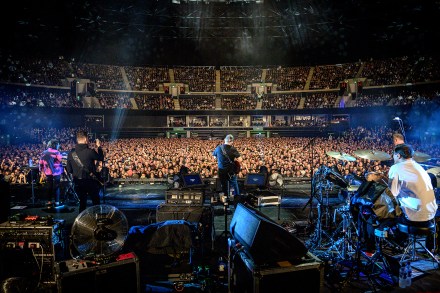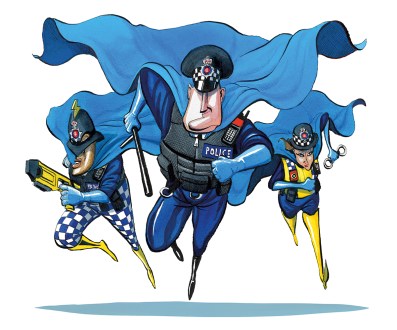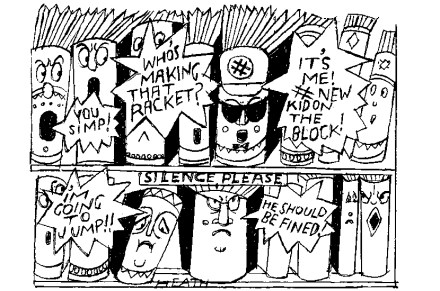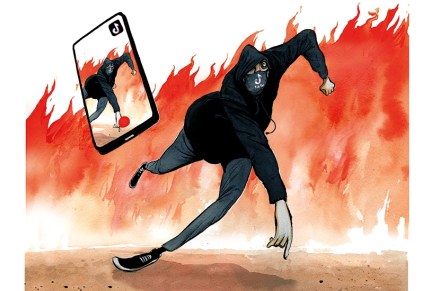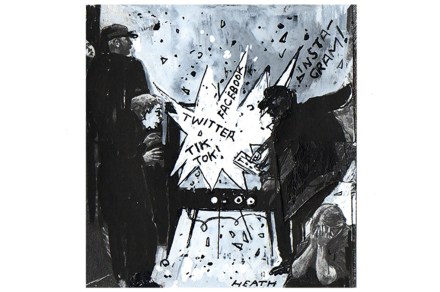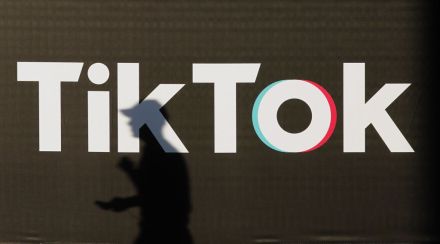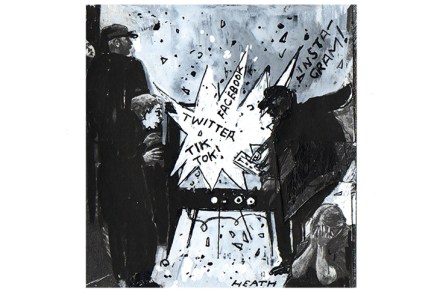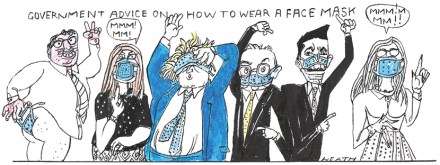Have we all become slaves to algorithms?
Here I am, a human, recommending Kyle Chayka’s book about the negative impact of algorithms on our culture. Hopefully that will calm him down a bit, because he worries a lot, possibly far too much, at least as it seems to someone who is less online. Chayka is a staff writer at the New Yorker and he is concerned about the effect of the Filterworld, his word for the ‘network of algorithms that influence our lives today, which has had a particularly dramatic impact on culture and the ways it is distributed and consumed’. He is referring to the songs Spotify cues up, the films Netflix suggests, the stories Facebook



